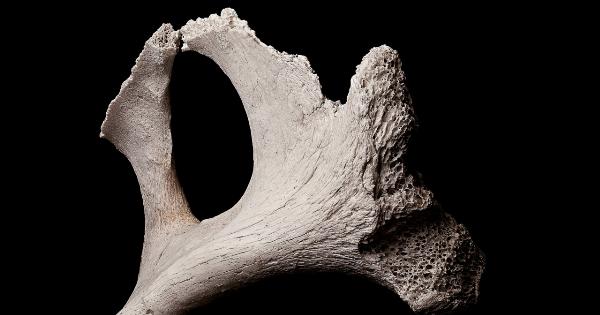For most women, getting their period is an essential part of their reproductive health. It signifies the start of a new menstrual cycle and is often associated with various hormonal and physical changes.
However, after giving birth, the return of your periods may not necessarily follow a predictable timetable. Many factors can influence when you’ll get your first postpartum period, and it can vary for each individual.
Immediate Postpartum Bleeding
Immediately after childbirth, women often experience postpartum bleeding, commonly known as lochia. This vaginal discharge refers to the shedding of the uterine lining, excess blood, and tissue that supported your pregnancy.
Lochia can last for around four to six weeks following delivery and gradually transitions from a bright red color to a lighter flow, often resembling a normal menstrual period.
The Return of Menstruation
The return of your period after giving birth is influenced by a variety of factors, including whether you are breastfeeding or formula-feeding, how quickly your hormone levels normalize postpartum, and if you have any underlying medical conditions affecting your reproductive system.
Breastfeeding and Menstruation
If you’re exclusively breastfeeding your baby, it might take longer for your period to return. Breastfeeding triggers hormonal changes in your body that suppress ovulation.
Prolactin, the hormone responsible for milk production, inhibits the release of the hormone necessary for ovulation, thereby delaying the return of your menstrual cycle. However, it’s important to note that breastfeeding alone is not a foolproof method of contraception, as ovulation can occur before you get your first postpartum period.
Formula-Feeding and Menstruation
Mothers who formula-feed their babies typically experience an earlier return of their periods compared to those who breastfeed.
Without the same hormonal influence as breastfeeding mothers, the body is more likely to resume its normal menstrual cycle within a couple of months after childbirth.
Postpartum Hormonal Fluctuations
Sudden hormonal shifts during the postpartum period can also influence the return of menstruation. After giving birth, hormone levels gradually start to rebalance.
Estrogen and progesterone, the key hormones involved in the menstrual cycle, may take time to normalize, leading to delayed menstrual periods.
Pregnancy and Menstruation
If you become pregnant again soon after giving birth without having had a period in between, it can be challenging to determine when your periods will resume.
Typically, women experience the return of menstruation around four to six weeks after childbirth, but this timeline can be significantly disrupted if another pregnancy occurs.
Underlying Reproductive Issues
Some women may experience irregular or delayed periods after childbirth due to underlying reproductive issues.
Conditions such as polycystic ovary syndrome (PCOS), endometriosis, thyroid disorders, or hormonal imbalances can disrupt the normal menstrual cycle and affect the timing of postpartum periods.
Postpartum Amenorrhea
The absence of menstrual periods after childbirth is known as postpartum amenorrhea. If you’re not menstruating and not pregnant, there’s usually no cause for concern during the first several months postpartum.
However, if you’re not menstruating after six months or are concerned about irregular periods, it’s advisable to consult your healthcare provider for further evaluation.
Signs of a Menstrual Period’s Return
While every woman’s experience may differ, certain signs can indicate that your period is about to return postpartum. These signs include:.
- Cramping or twinges in the lower abdomen
- Bloating or water retention
- Breast tenderness
- Mood swings or irritability
- Changes in vaginal discharge
Birth Control Options
If you’re not ready to conceive again or wish to regulate your menstrual cycle, discussing birth control options with your healthcare provider is essential.
There are various contraceptive methods available, including barrier methods, hormonal contraceptives, and long-acting reversible contraceptives (LARCs). Your healthcare provider can help you choose the most suitable option based on your needs and overall health.
Conclusion
The timing of your first period after giving birth can vary significantly depending on several factors, including breastfeeding, hormonal fluctuations, and underlying medical conditions.
While it’s common for breastfeeding mothers to experience a delayed return of menstruation, it’s important to remember that ovulation can occur before your first postpartum period. If you have concerns or questions about your menstrual cycle after giving birth, discussing them with your healthcare provider can provide you with personalized guidance and support.






























